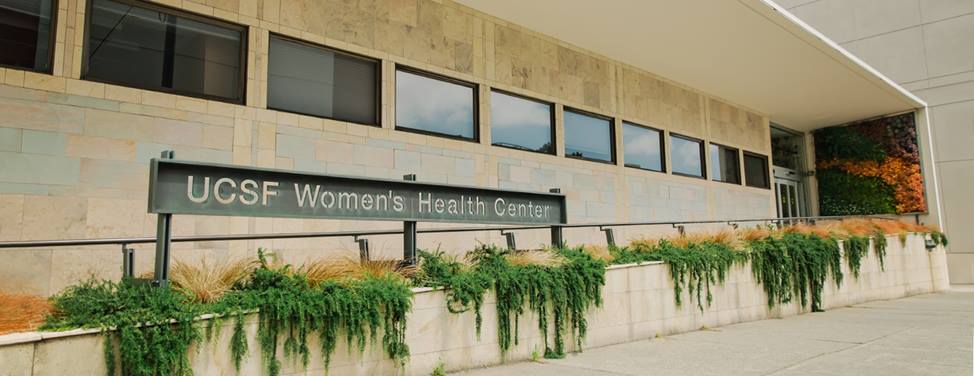
Living Without Violence
Violence against women is never justified and is always wrong. It can take many forms including physical, emotional, verbal and sexual abuse. It is never a woman's fault.
Violence affects women of all ages and racial, cultural and economic backgrounds, as well as their children, families and friends. Around the world, at least one in every three women has been beaten, coerced into sex or otherwise abused during her lifetime. If you or someone you know is experiencing violence, there is help available.
Steps You Can Take
- If you are being verbally, physically or sexually abused by a spouse, partner or ex-partner, get information immediately to know your options.Work with a counselor in your community to make a safety plan and use the local resources available to you, including shelters. Understand that you're not alone. Don't ignore it or wait for it to go away – it won't. You are in danger and your children are as well.
To speak with someone by phone and find help near you, call the National Domestic Violence Hotline at (800) 799-SAFE. People are available to take your call 24 hours a day. In San Francisco, call Women, Inc. at (415) 854-4722. You will be connected to a counselor who can speak your language. - Don't keep it to yourself. Get help and support from people you trust. Talk with someone: a family member, friend, neighbor, medical provider, school counselor, colleague, workplace counselor or faith counselor.
- If you've been hurt, get medical attention right away. The medical provider will document your injuries; assist you in contacting the police to file a police report, if you so choose; and connect you with local advocates to provide information and assist you in making a safety plan and obtaining an order of protection.
- Talk to a local advocate in the criminal justice system. They can provide information about civil protection orders to protect yourself from further abuse. In San Francisco, call the Family Violence Project in the SF District Attorney's Office at (415) 552-7550.
- If you decide to leave, take steps to do so safely. This can be the most dangerous time for a victim. Choose a safe place to go and prepare to take all valuables with you, including money, keys, phone numbers, children's immunization records and other important documents. Put these items in a place where you can get them quickly. Some victims choose to leave them with a neighbor or family member.
UCSF Health medical specialists have reviewed this information. It is for educational purposes only and is not intended to replace the advice of your doctor or other health care provider. We encourage you to discuss any questions or concerns you may have with your provider.









